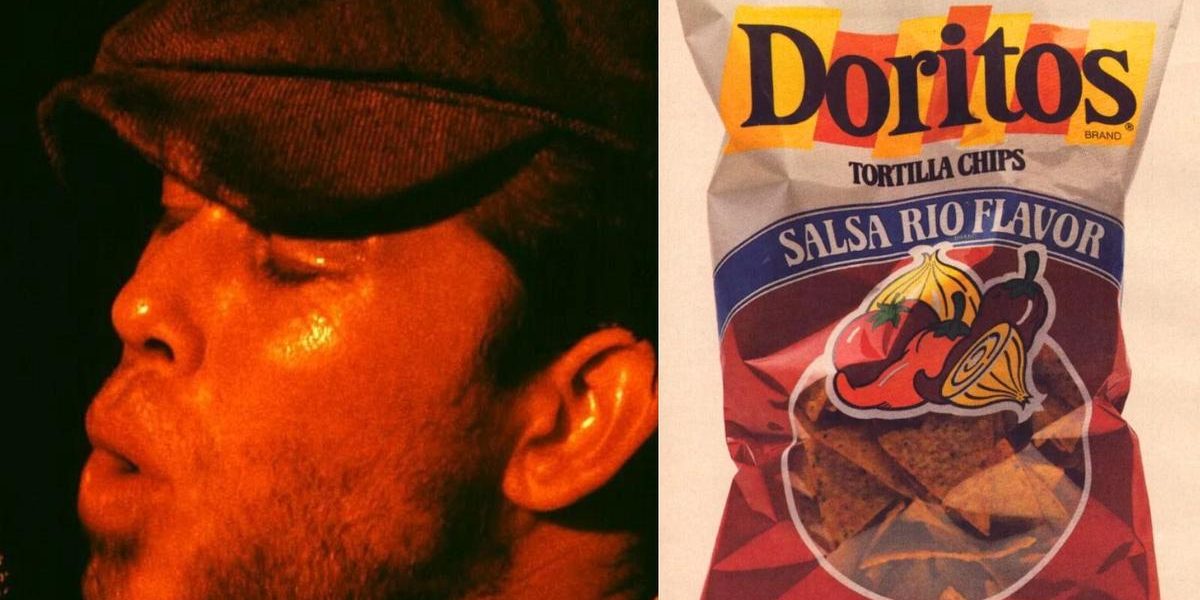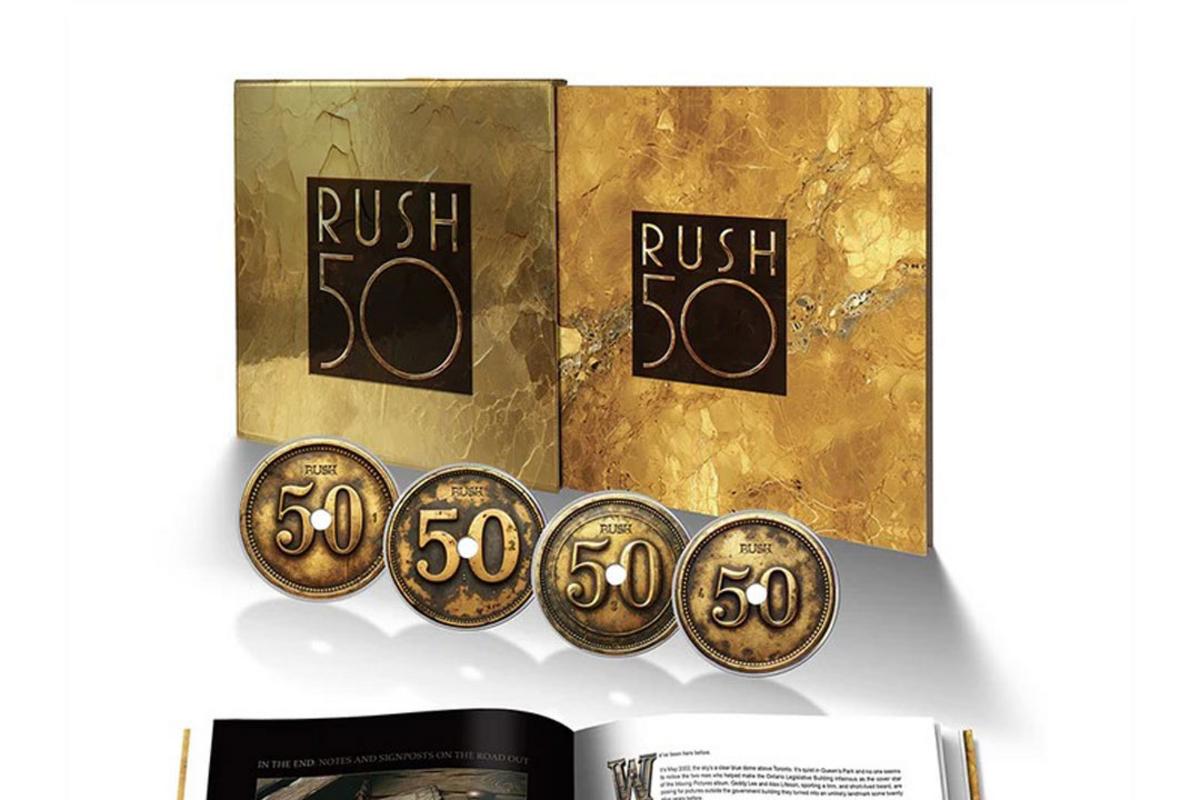Numerous celebrities frequently engage in promotional partnerships with various brands. For instance, in 2001, Lemmy Kilmister starred in a commercial for KitKat candy bars, while Bob Dylan lent his image to Victoria’s Secret in 2004, and David Bowie featured in a 1980 advertisement for a Japanese liquor brand named Crystal Jun Rock. These iconic personalities, particularly renowned rock musicians, undeniably possess the ability to significantly influence consumer purchasing decisions and enhance product visibility.
Typically, collaborations between a celebrity and a brand are structured to ensure mutual satisfaction, with contracts formalizing the agreement and stipulating financial compensation. However, complications often arise when companies launch advertising campaigns that fail to appropriately acknowledge the inspirations behind their creative concepts and references.
READ MORE: Discover How Tom Waits Transformed ‘Rain Dogs’ Into a Boozy, Ethereal Masterpiece
Such a scenario unfolded for Tom Waits in 1990. In 1988, Frito-Lay, a major player in the snack food industry, released a commercial promoting a new product called Salsa Rio Doritos. This innovative take on their classic corn chip, which, as of this writing, appears to be discontinued, sparked nostalgia among fans, as evident in various Reddit discussions advocating for its return. The advertisement featured music that bore an uncanny resemblance to Waits’ 1976 track “Step Right Up.”
To add to the controversy, the advertising agency Tracy-Locke enlisted a Dallas-based musician named Stephen Carter to perform in a voice mimicking Waits’ distinctive gravelly tone. Interestingly, Carter had previously made a career out of covering Waits’ songs, and, according to court documents, his vocal performance was so strikingly similar that the ad team was momentarily convinced that Waits himself had unexpectedly entered the audition room as a prank.
Listen to Tom Waits’ ‘Step Right Up’
In light of these developments, David Brenner, the executive producer at Tracy-Locke, expressed concerns regarding potential legal repercussions. As a precautionary measure, an alternative commercial was created that excluded Carter’s performance. These concerns escalated to the managing vice president of Tracy-Locke, who consulted with legal counsel. Ultimately, it was concluded that since a singer’s stylistic approach is not safeguarded under copyright law, proceeding with Carter’s version of the commercial was permissible. Frito-Lay granted approval, and the advertisement made its debut in September 1988.
Tom Waits’ Outrage Over the Unauthorized Use
At that time, Tom Waits was already recognized for his staunch refusal to license his music for commercial purposes, maintaining a strong aversion to endorsing products. Reflecting on a 1981 advertisement he participated in for Purina dog food, he expressed regret, stating, “I was down on my luck,” as documented in Lowside of the Road: A Life of Tom Waits. “And I’ve always liked dogs.”
Consequently, upon discovering the existence of the Doritos commercial, Waits was deeply disturbed. In November 1988, merely two months after the advertisement aired, he took legal action against both Frito-Lay and Tracy-Locke for misappropriation of his voice and false endorsement. He was unable to pursue a copyright infringement claim as he did not hold the copyright for “Step Right Up.” After enduring a lengthy wait, the case finally reached court, where Waits delivered a powerful testimony, denouncing the advertisement as a “corn chip sermon.”
“It embarrassed me,” he asserted. “I had to reach out to all my friends, informing them that if they heard this advertisement, they should know it was not me. I spent days on the phone addressing their concerns. Many were calling me saying, ‘Gee, Tom, I heard the new Doritos ad.’ … This infringes upon the character, personality, and image I have diligently cultivated; I do not endorse products.”
Waits did not stop there, passionately voicing his discontent.
“I encounter this situation frequently, and the monetary offers can be substantial. Unfortunately, I refuse to join the bandwagon. When a guy is singing to me about toilet paper — you might need the money, but why not rob a 7/11 instead? Do something dignified and spare us the trouble of peeing on your grave. I don’t wish to dwell on this, but it’s akin to a fistula for me. If you subscribe to your own personal mythology to the extent that you create your own work, only for someone to place decals over it, it loses its significance. I have received numerous offers, and there are also those who imitate me. I strongly oppose individuals who allow their music to be relegated to nothing more than a jingle for jeans or beer. … Advertisers capitalize on your credibility, yet the essence is no longer yours. … Ironically, they rely on the notion that people won’t notice. Thus, they should be exposed and penalized! [bangs his fist on the table] My disdain for those who do this is profound! All of you!”
Victory for Tom Waits in Court
The defense contended that while they had consciously drawn inspiration from Waits’ unique artistic style, they did not intentionally attempt to recreate his voice. However, it is noteworthy that two years prior to this case’s court appearance, Bette Midler successfully sued Ford Motor Company over a series of commercials that utilized a Midler impersonator. This landmark case established that a famous individual’s voice, an essential component of their identity, cannot be replicated for commercial gain without their explicit consent.
Consequently, the jury ruled in favor of Waits, determining that Frito-Lay and Tracy-Locke had deliberately imitated his voice. In May 1990, he was awarded approximately $2.5 million in damages – a relatively small amount compared to Frito-Lay’s status as the largest snack food company in the United States, generating several billion dollars annually.
Stephen Carter’s Role in the Lawsuit
While Waits rightfully expressed frustration over the actions of Frito-Lay and Tracy-Locke, he held no animosity towards Carter, who provided testimony as a witness in the case.
“He felt immense remorse for his involvement,” Waits recounted in a 1992 interview with Vox. “He understood that he was engaged in something ethically questionable. Yet, he redeemed himself by assisting us in winning the case.”
During the same interview, Waits revealed that he had yet to receive any of the awarded damages.
“I haven’t seen a dime,” he lamented. “These legal battles can drag on indefinitely. Avoid litigation at all costs; it can be incredibly taxing. But when necessary, action must be taken. If someone burned your house down, it’s imperative to respond.”
For Waits, the principle of artistic ownership transcended the stresses associated with the legal conflict.
“I possess a moral right to my voice. It’s akin to property — there’s a fence surrounding it, in a sense,” he articulated in a 2006 interview with The New York Times. “I differentiate between those who utilize voice creatively and those who exploit it for commercial gain. The distinction is clear. It’s stealing. They benefit significantly from associating with me, while I am left with exorbitant legal bills.”
19 Instances Where Artists Stood Up to the Music Industry
This industry demands resilience and fortitude.
Gallery Credit: Allison Rapp






